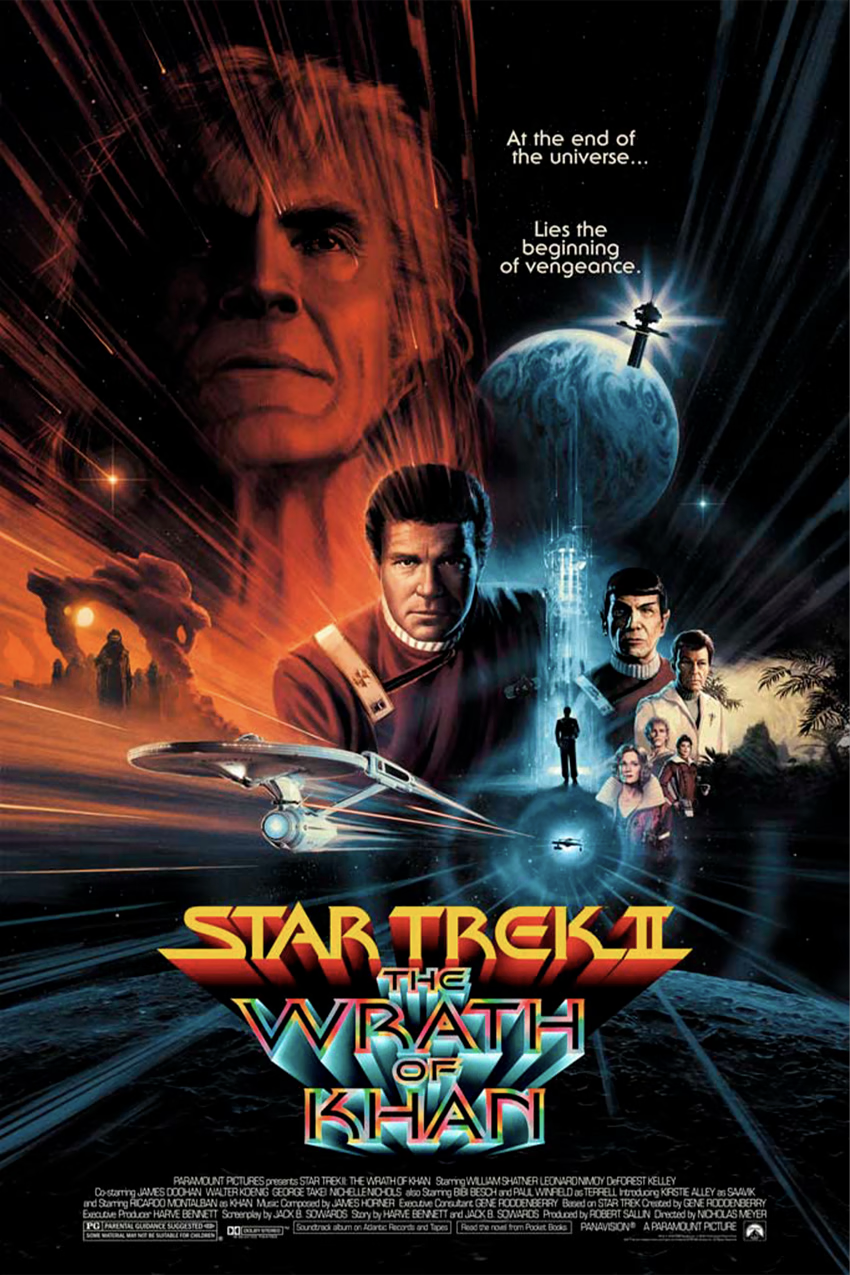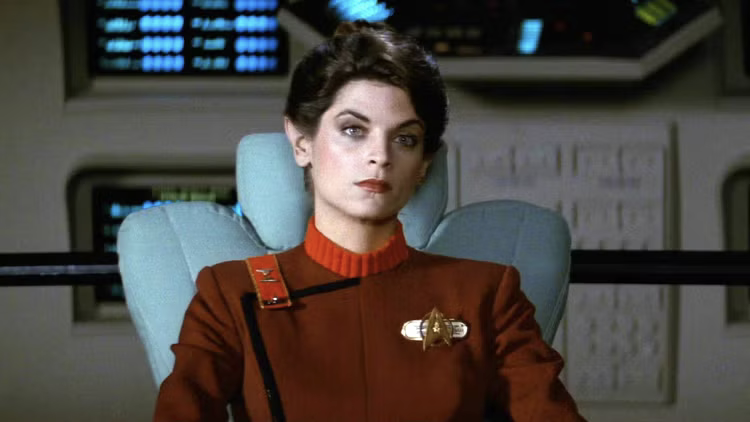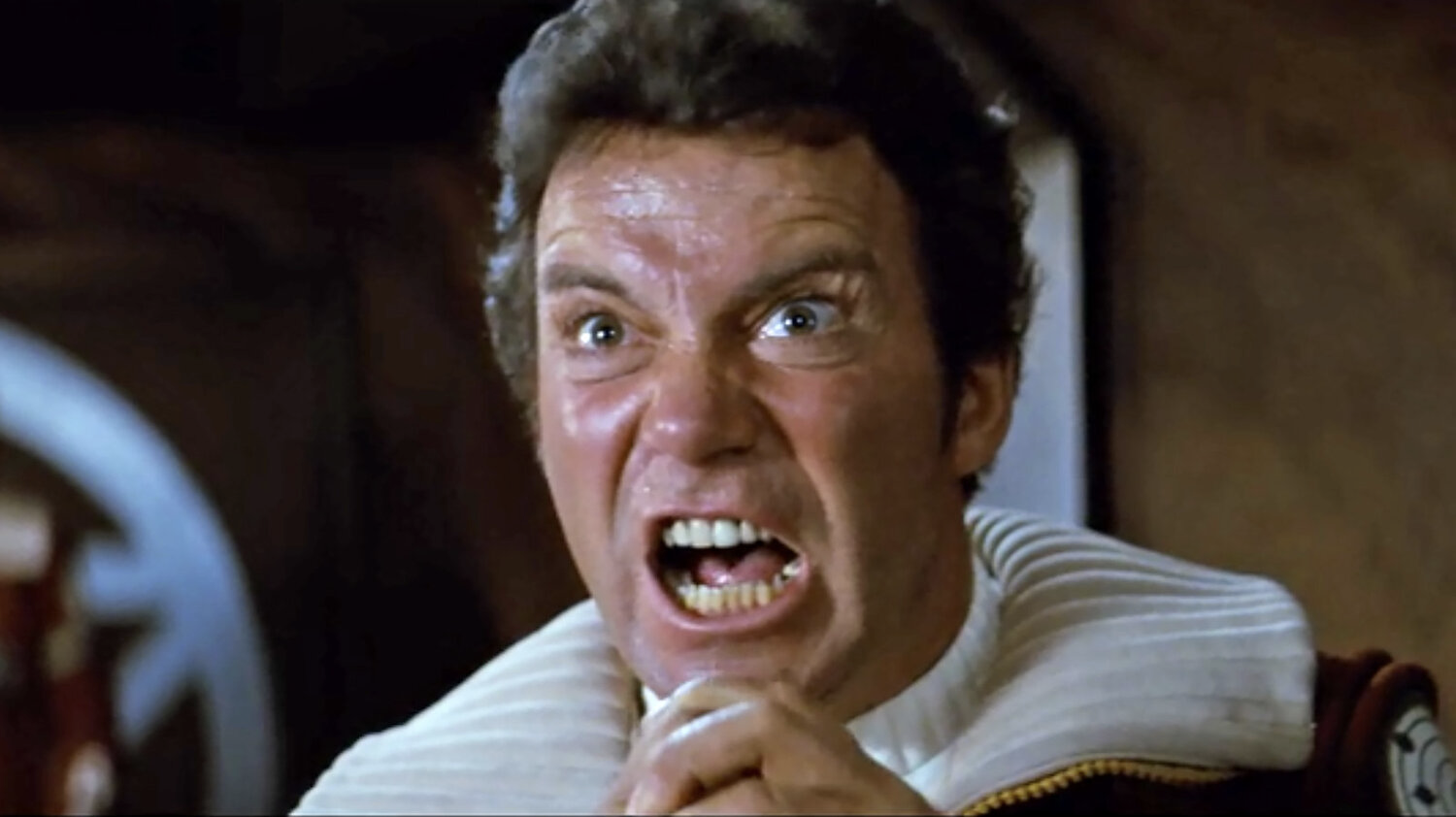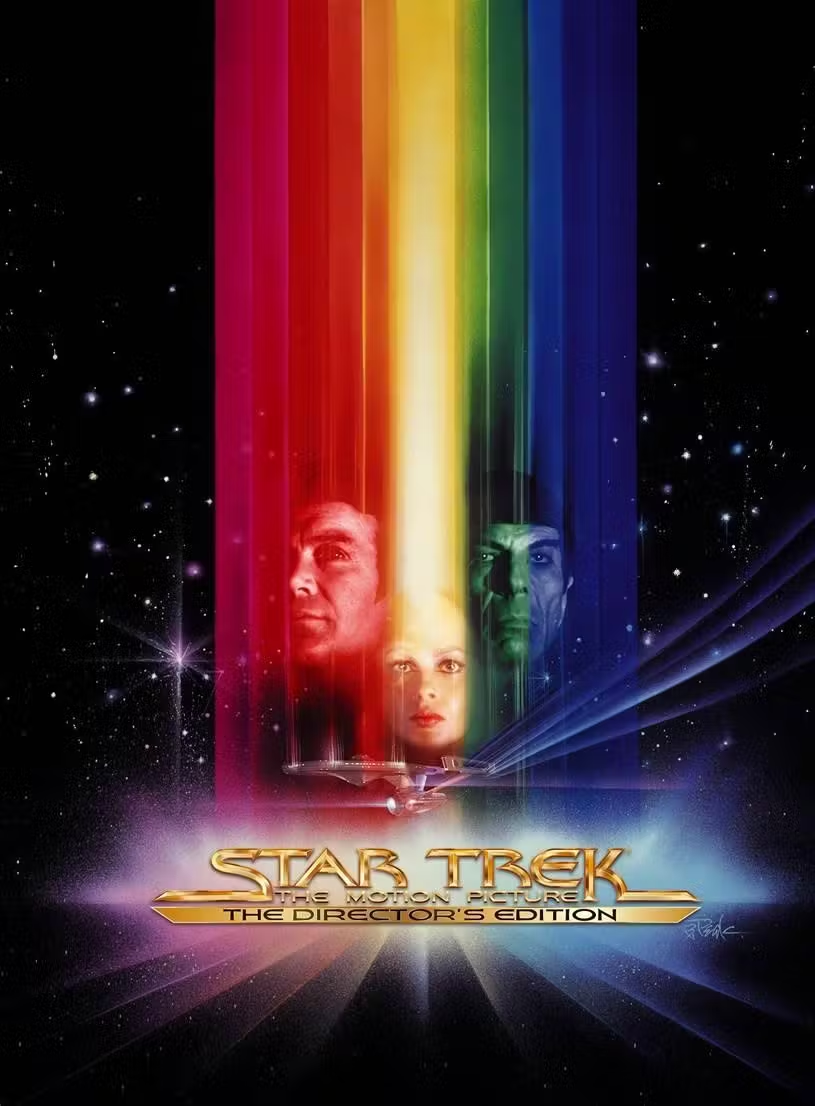
The Slow-Motion Picture
I maybe became aware of Gene Roddenberry's Star Trek franchise when I was around six years old but really didn't indulge into it when I was well into my adulthood, and I'll admit that even then I was more of a Star Wars junkie, although I'll acknowledge that many areas of both franchises are largely a matter of taste. The Original Series was well ahead of its time when it debuted during the late 1960s, though its three seasons were fairly troubled productions, with the series ending prematurely without a definite conclusion. An animated series would follow, which again ended without an ending episode that wrapped things up plot-wise conclusively.
Years after their cancellation, Paramount proposed a sequel series called Phase II, which actually had several episodes written, although it was ultimately scrapped and begun to be retooled into a feature film to ride on the success of the original Star Wars. Director Robert Wise headed Star Trek: The Motion Picture, which had a fairly troubled production, especially with a huge time crunch, to the point where the film prints were still wet when loaded onto the camera reels at the movie's premiere in 1979. Star Trek: The Motion Picture - The Director's Edition would release decades later in the next millennium; does the film still hold up today?
You can definitely tell a person's age by whether they're enthralled or bored by this scene.
The debut Star Trek film opens with a sequence of beautiful orchestral music with moving stars that lasts several minutes in the style of classic epic films like Ben-Hur, before the classic 1970s-80s Paramount logo, but is really unnecessary and needlessly pads out a film that has been rightfully nicknamed "The Slow-Motion Picture," among others. The main title theme is the dumbly-named but nonetheless awesome "Life Is a Dream" by composer Jerry Goldsmith, which would ultimately serve as the main motif for The Next Generation. The soundtrack is easily still to date one of the high points of the movie.
In the twenty-third century, the Starfleet station Epsilon Nine detects an alien entity, ultimately named V'Ger, that threatens to engulf Earth, having destroyed three Klingon warships and the station itself on its way. On Earth, James T. Kirk, promoted to Admiral, visits his former vessel, the starship Enterprise, undergoing a major refit, and eventually taking command to the chagrin of its commanding officer, William Decker, with the iconic vessel being the closest within interception range of V'Ger. However, the refurbished Enterprise still has issues to the point where it kills two officers attempting to board via teleportation.
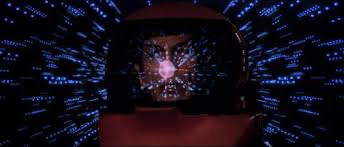
"My God, it's full of sta...er, wrong film."
Resident badass Vulcan Spock ultimately rejoins the new Enterprise crew, along with his friendly rival, the snarky doctor Leonard "Bones" McCoy, Chekov, Scotty, Uhura, and Sulu. The film spends most of the time traveling through V'Ger, with tons of technical ship and scientific jargon peppering the dialogue that's far more porn for scientists than anything else, along with some weirdness in the sound effects like a repeated digitized "boing" and things like Ilia's "possession" by the entity. It's ultimately up to Spock to suit himself up and attempt to communicate with V'Ger, revealing its various mysteries and backstory, with tons of trippiness in the process.
Robert Wise's ultimate intent was to make The Motion Picture a spiritual successor to 2001: A Space Odyssey, and while he definitely did an excellent job in that regard, the film has otherwise aged horribly, especially regarding the visual effects, which really make it clash today with the far-superior technology of Next Generation-and-beyond Star Trek media. The film further needlessly feels prolonged and could have very easily been half an hour or so shorter given the drawn-out sequences like Kirk and Scotty circling the refitted Enterprise and the various scenes of delving through V'Ger.
Overall, it's not a "bad" movie, but is still very far from bucket-list, unless you're really interested in the history of the Star Trek franchise.
| The Good | The Bad |
|---|---|
|
|
| The Bottom Line | |
| Did its job as a good spiritual successor to 2001: A Space Odyssey but has aged badly and otherwise wasn't a great debut for Star Trek films. | |
 | |
